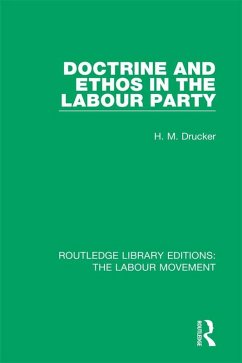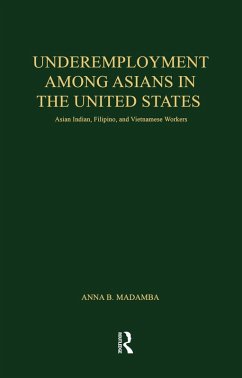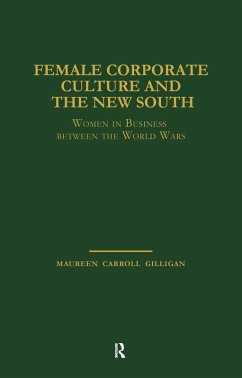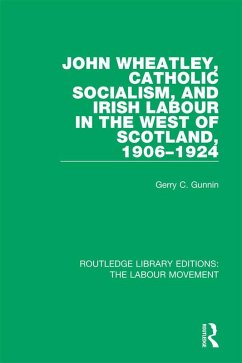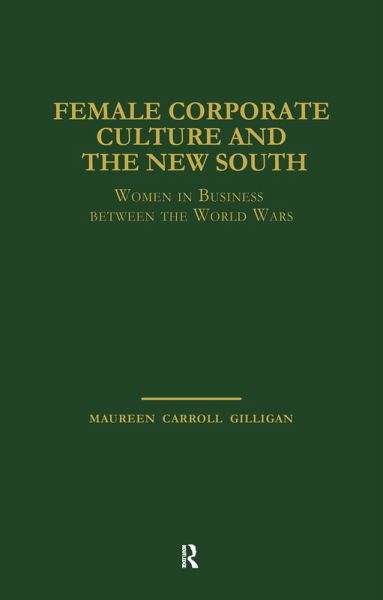
Female Corporate Culture and the New South (eBook, ePUB)
Women in Business Between the World Wars
Versandkostenfrei!
Sofort per Download lieferbar
26,95 €
inkl. MwSt.
Weitere Ausgaben:

PAYBACK Punkte
13 °P sammeln!
Before World War I, Southern women's participation in the workforce consisted of black women's domestic labor and white working-class women's industrial or manufacturing work, but after the war, Southern women flooded business offices as stenographers, typists, clerks, and bookkeepers. This book examines their experiences in the clerical workforce, using both traditional labor sources and exploring the cultural institutions that evolved from these women's work-related milieu.Businessmen throughout the South molded this workforce to meet their needs using both labor-saving management techniques...
Before World War I, Southern women's participation in the workforce consisted of black women's domestic labor and white working-class women's industrial or manufacturing work, but after the war, Southern women flooded business offices as stenographers, typists, clerks, and bookkeepers. This book examines their experiences in the clerical workforce, using both traditional labor sources and exploring the cultural institutions that evolved from these women's work-related milieu.
Businessmen throughout the South molded this workforce to meet their needs using both labor-saving management techniques and exploiting social mores to enforce gender boundaries that limited women's workplace opportunities. This study traces the social and economic implications of Southern women's increased participation in clerical labor after World War I. While it increased the civic activities of white middle-class southern women, it also confined them to a routinized days work and limited venues of occupational achievement. Through a varied network of business women's clubs and organizations, women struggled with their new identities as workers and attempted to integrate their work lives with their community and family obligations.
(Ph.D. dissertation, Emory University, 1995; revised with new Introduction and Preface)
Businessmen throughout the South molded this workforce to meet their needs using both labor-saving management techniques and exploiting social mores to enforce gender boundaries that limited women's workplace opportunities. This study traces the social and economic implications of Southern women's increased participation in clerical labor after World War I. While it increased the civic activities of white middle-class southern women, it also confined them to a routinized days work and limited venues of occupational achievement. Through a varied network of business women's clubs and organizations, women struggled with their new identities as workers and attempted to integrate their work lives with their community and family obligations.
(Ph.D. dissertation, Emory University, 1995; revised with new Introduction and Preface)
Dieser Download kann aus rechtlichen Gründen nur mit Rechnungsadresse in A, B, BG, CY, CZ, D, DK, EW, E, FIN, F, GR, HR, H, IRL, I, LT, L, LR, M, NL, PL, P, R, S, SLO, SK ausgeliefert werden.




